
The pediatric neurologist and sleep medicine specialist at Geisinger Medical Center discussed a presentation from SLEEP 2024 highlighting the impacts of narcolepsy and how patients try to mitigate their symptoms. [WATCH TIME: 5 minutes]

The pediatric neurologist and sleep medicine specialist at Geisinger Medical Center discussed a presentation from SLEEP 2024 highlighting the impacts of narcolepsy and how patients try to mitigate their symptoms. [WATCH TIME: 5 minutes]

A recent study showed that patients with isolated REM sleep behavior disorder had a high risk of neurodegenerative parkinsonian disorders or dementia based on electronic health records.

Researchers presented an innovative multi-task learning paradigm that leveraged deep learning, night sleep EEG data, sleep stage labels, and covariates to simultaneously predict cognitive performance in an older patient cohort.
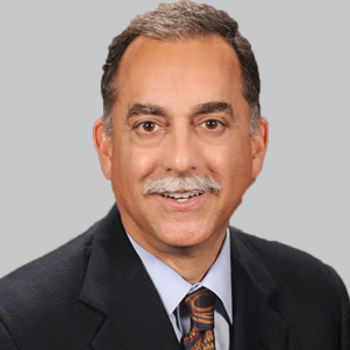
Daridorexant, an FDA-approved dual orexin receptor antagonist, had a dose-response relationship observed at month 1 on all 4 efficacy end points for all doses tested.

A recent study showed that patients with obstructive sleep apnea experience significant negative impacts on their physical, social, and emotional functioning.

The pulmonologist at Rush Health and immediate past president of the American Academy of Sleep Medicine provided perspective on some of the intriguing changes to sleep medicine and where the field is headed in the coming years.

A recent study showed that obstructive sleep apnea may impact the long-term disruption of the glymphatic system function and the development of neurodegenerative diseases.

Assessing doses of 3 mg doxepin, results revealed non-statistically significant improvements in latency to sleep onset and latency to persistent sleep that were observed across patients above and at or below the median baseline values.

In a clinical cohort study, approximately 89% of patients with obstructive sleep apnea classified as “Probably-normal” or “Likely-normal" in assessment of sleep biomarker-based neurodegenerative disorder risk.

The pediatric neurologist at the University of California, Davis, provided perspective on some of the mechanistic links between sleep and neurodevelopmental disorders. [WATCH TIME: 3 minutes]
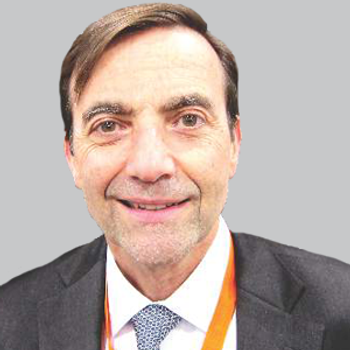
A phase 3 trial plans to investigate the efficacy and safety of AD109, a novel oral medication, for treating obstructive sleep apnea in patients who cannot tolerate continuous positive airway pressure therapy.

Regardless of whether patients were treatment-naïve or taking alerting agents, the safety profile of low-sodium oxybate remained true, with treatment-emergent adverse events attributing to less than 4% of study discontinuations.
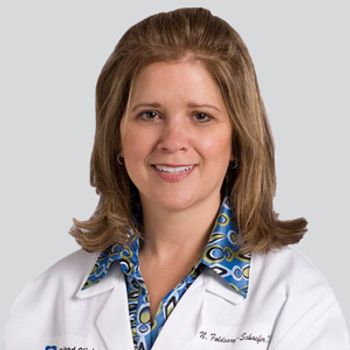
Overall, most patients reported satisfaction with cognitive behavioral therapy approach, with completion of lessons associated with a decrease in Fatigue Severity Scale.
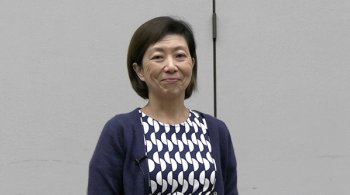
The sleep medicine specialist at the University of California, San Francisco provided perspective on some of the innovative therapeutic strategies in development for patients with obstructive sleep apnea. [WATCH TIME: 5 minutes]

A recent study demonstrated no significant difference in sleep efficiency between pediatric patients with epilepsy who used self-help strategies for sleep aids and those who did not.

A recent study presented at SLEEP 2024 showed that depression in patients with isolated REM sleep behavior disorder significantly increased the risk of conversion to neurodegenerative diseases.
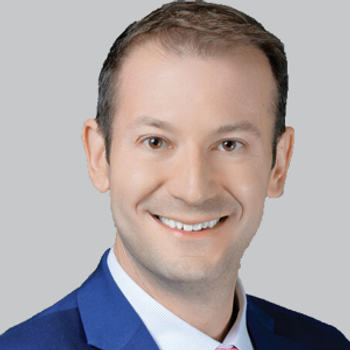
Those on low-sodium oxybate, regardless of psychiatric comorbidity status, outperformed placebo on a number of outcomes, including Epworth Sleepiness Scale and weekly cataplexy attacks.
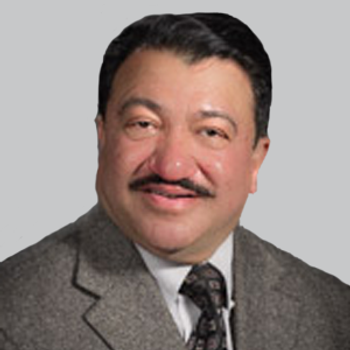
A majority of the small cohort of patients with SMA did not need a polysomnogram at 1 year because respiratory pathology was not a concern, attributable to improvements from disease-modifying therapies.
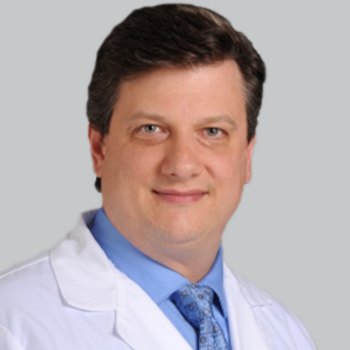
After 5 weeks of open-label treatment, KP1077-treated patients showed mild adverse events that were typical for a central nervous system stimulant.
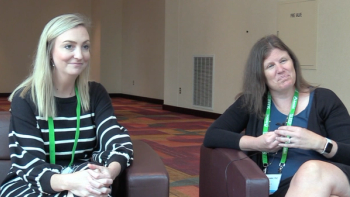
The duo from Indiana University School of Medicine discussed the ongoing research initiatives to better understand sleep disorders among pediatrics, and ways to improve approaches like cognitive behavioral therapy. [WATCH TIME: 4 minutes]
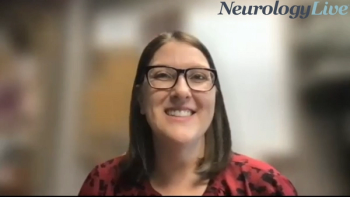
The undergraduate program director at the University of South Carolina discussed outdated teaching methods used in neurology, and the need to provide different hands-on approaches to students. [WATCH TIME: 5 minutes]
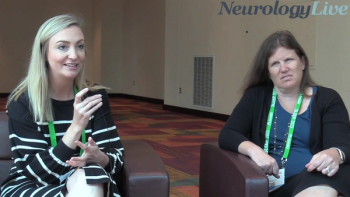
The duo from Indiana University School of Medicine provided perspective on the reasons for why cognitive behavioral therapy used for insomnia need to be adjusted in adolescents with the sleep disorder. [WATCH TIME: 3 minutes]
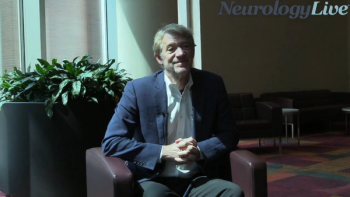
The chief of the Sleep Disorders Clinical Research Program at Massachusetts General Hospital provided perspective on the current major research priorities for the treatment of restless legs syndrome. [WATCH TIME: 3 minutes]
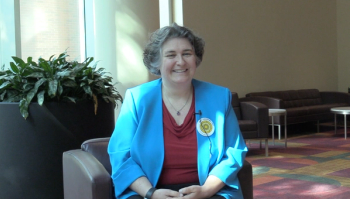
The professor of neurology at UMass Chan School of Medicine discussed the various impacts Daylight Savings Time has on sleep quality and overall health in children and adolescents. [WATCH TIME: 3 minutes]

Mind Moments®, a podcast from NeurologyLive®, brings you exclusive interviews with Amit Bar-Or, MD; Gavin Giovannoni, MBBCh, PhD; Dayna Johnson, PhD, MPH, MSW, MS; John Winkelman, MD, PhD; Laxman Bahroo, DO; Ling Wan-Albert, OTD, OTR/L; Sara Pavitt, MD; and Ali Ezzati, MD. [LISTEN TIME: 28 minutes]

The undergraduate program director at the University of South Carolina provided perspective on the factors that go into building an equitable and effective medical course for young medical professionals. [WATCH TIME: 5 minutes]
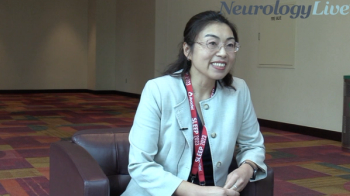
The associate professor at Johns Hopkins School of Nursing provided insight on a presentation at SLEEP 2023, and whether neurofilament light should be more considered when assessing elderly patients with sleep disorders. [WATCH TIME: 5 minutes]

Marisa Whalen, PharmD, associate director of Medical Affairs at Jazz Pharmaceuticals, discussed presentations at SLEEP 2023 on the real-world burdens of idiopathic hypersomnia and the smooth transition to low sodium oxybate in patients with narcolepsy.
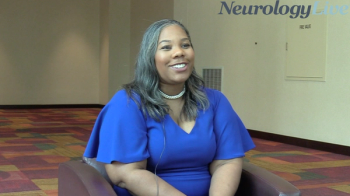
The sleep epidemiologist and assistant professor at the Rollins School of Public Health at Emory University discussed the multi-level effort needed to improve sleep issues seen in individuals most impacted by social determinants of health. [WATCH TIME: 3 minutes]
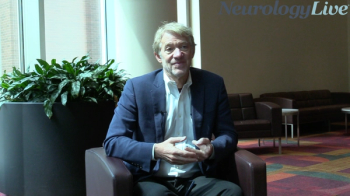
The chief of the Sleep Disorders Clinical Research Program at Massachusetts General Hospital discussed the benefits opioids have for patients with restless legs syndrome, as well as how they can be safely used as part of treatment strategies. [WATCH TIME: 4 minutes]